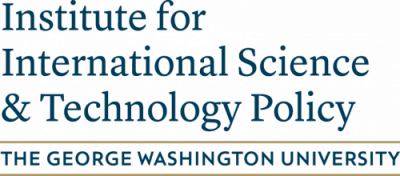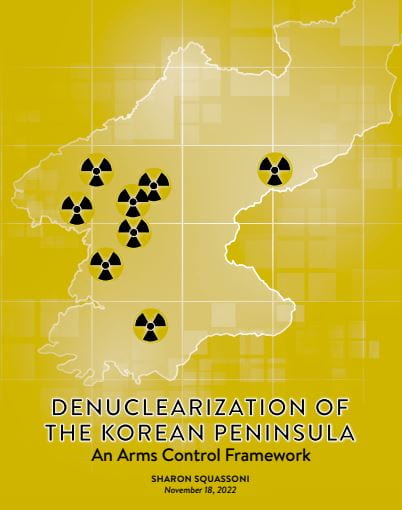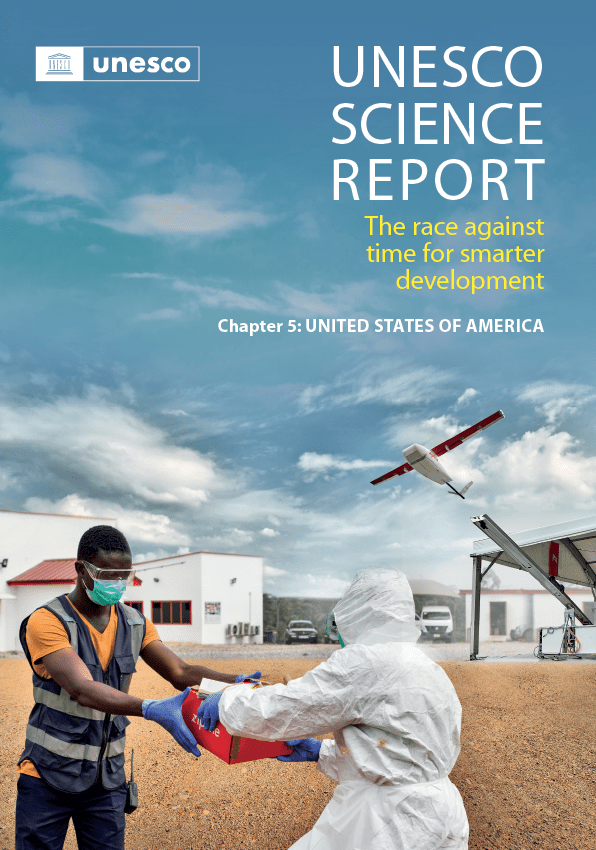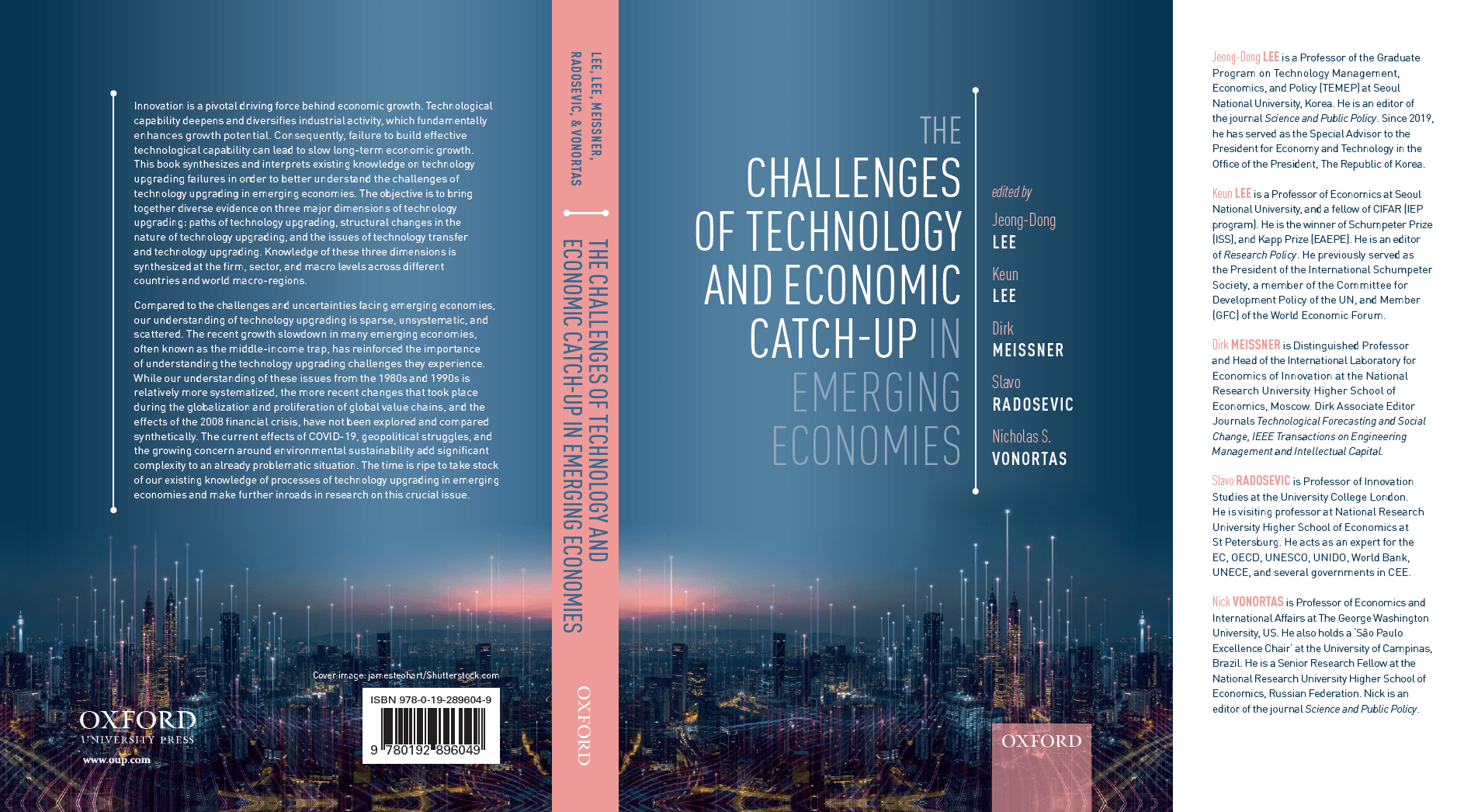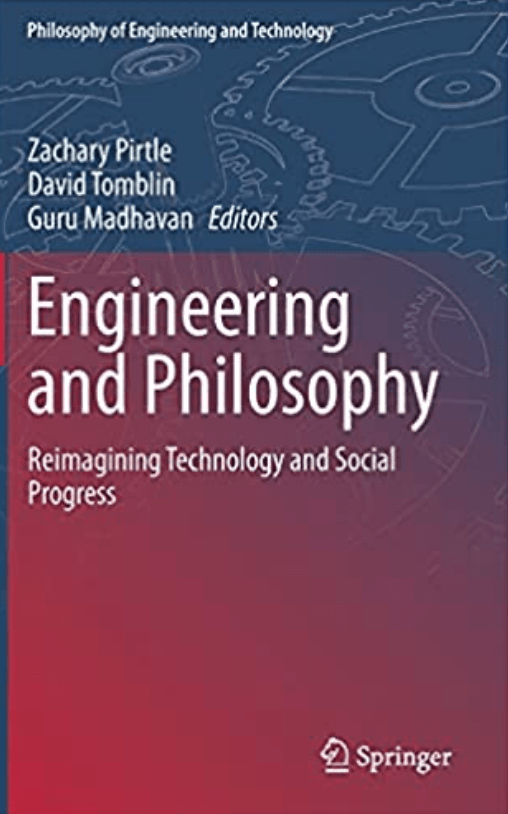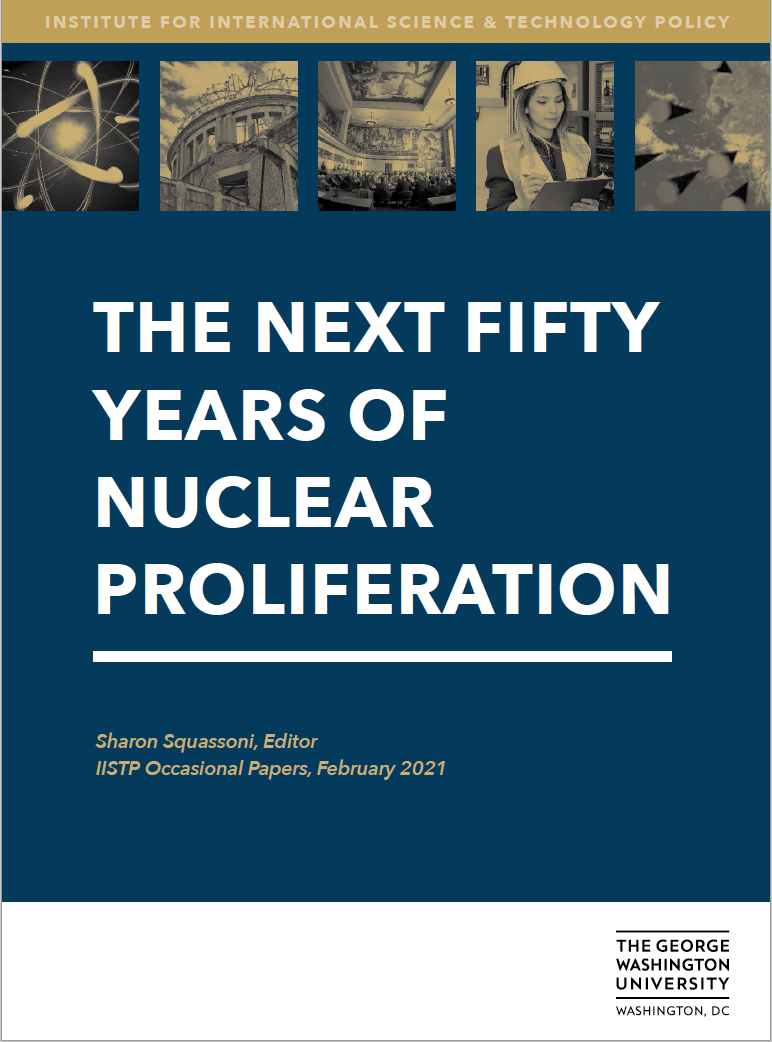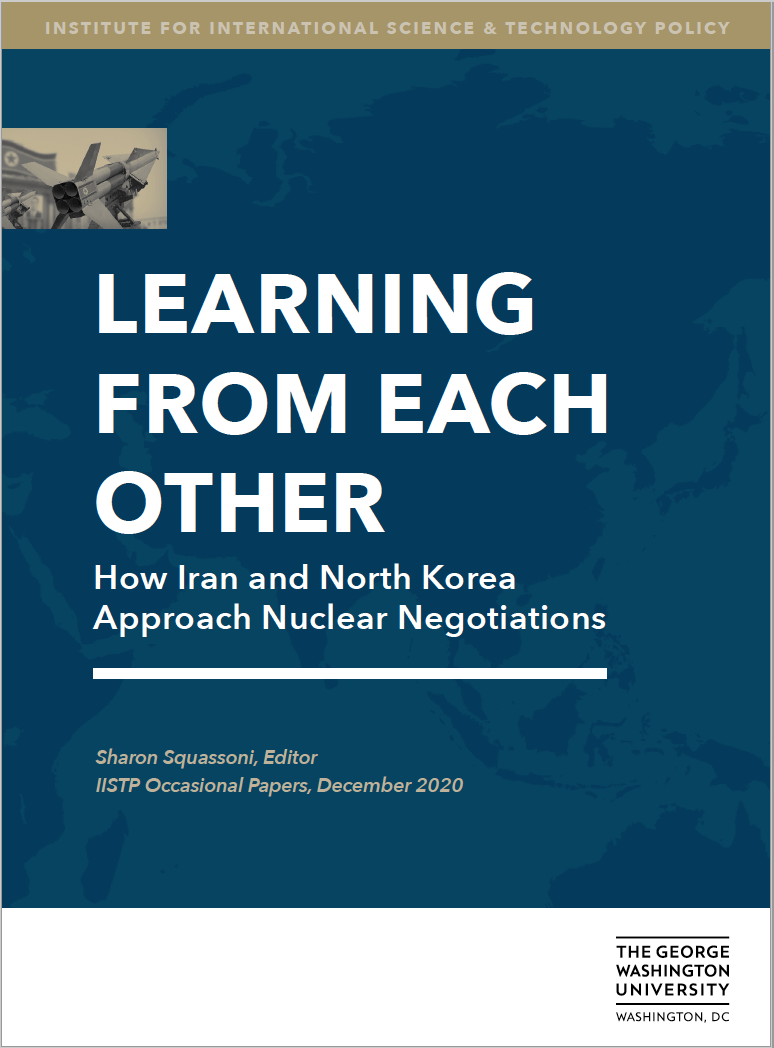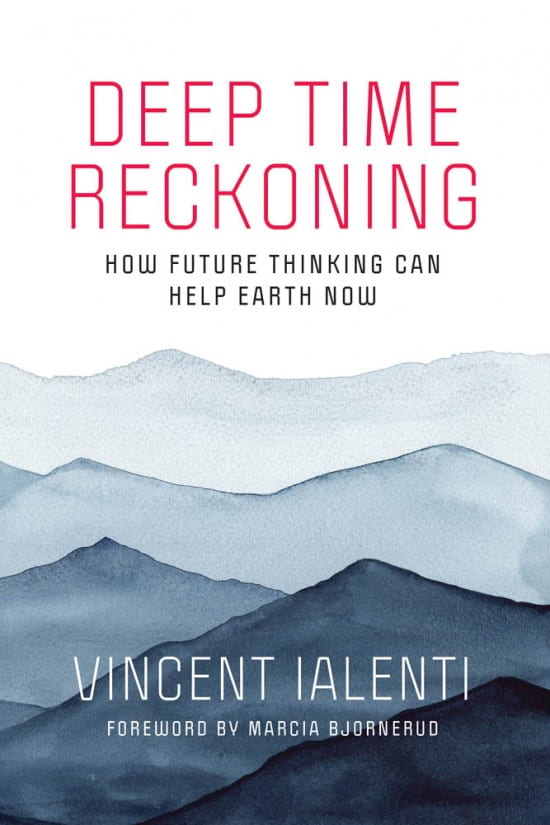New Nuclear Energy: Assessing the National Security Risks
IISTP Research Professor Sharon Squassoni publishes a comprehensive report assessing the risks of nuclear energy and nuclear weapons.
Read the complete report: “New Nuclear Energy: Assessing the National Security Risks“.
GWU REPORT: NATIONAL SECURITY RISKS GROW WITH NEW NUCLEAR ENERGY
Drone strikes against Ukraine’s nuclear reactors highlight risks
WASHINGTON, DC – April 23, 2024 – Proliferation of nuclear weapons, nuclear terrorism, sabotage, coercion and military operations – these risks associated with nuclear energy can all be expected to grow as countries seek to implement their new nuclear energy objectives, according to a new report published today by George Washington University’s (GWU) Sharon Squassoni. The aim of 22 countries to triple nuclear energy capacity by 2050, announced on the margins of COP-28, was adopted with little thought to the national security implications. The promotion of small modular reactors (SMRs)– specifically tailored to developing countries – will heighten, not diminish risks.
The report by GW professor Sharon Squassoni, “New Nuclear Energy: Assessing the National Security Risks,” comes as drone strikes against Ukrainian nuclear power plants highlight nuclear reactor vulnerabilities. Other national security risks will accompany significant nuclear growth as renewed interest in nuclear energy to reduce greenhouse gas emissions sparks programs across the globe. Squassoni, a professor at GWU’s Elliott School of International Affairs, now researches risk reduction from nuclear energy and nuclear weapons after serving in the State Department, Arms Control and Disarmament Agency and the Congressional Research Service.
Proliferation and nuclear terrorism are the top two national security risks, but sabotage, coercion and military operations pose other risks. An attempt to reduce dependence on foreign suppliers – a national security risk itself — using nuclear energy could worsen the risk of proliferation by motivating fuel cycle independence. SMRs are still in development, with few restrictions on designs. Reactors fueled with highly enriched uranium or plutonium will increase risks of proliferation and terrorism because those materials are weapons-usable. Reactors designed to include lifetime cores will build up plutonium over time. Fast reactor designs that require reprocessing, especially continuous recycling of fuel, could ultimately confer latent nuclear weapons capabilities to many more states. In sum, the kinds of reactors now under consideration do nothing to reduce known risks, and some pose heightened risks. There appears to be no attempt to forge agreement among suppliers or governments to restrict reactor choices that pose greater proliferation risks.
If the mass production of small modular reactors lowers barriers to entry into nuclear energy, there will be many more states deploying nuclear power reactors, including those with significant governance challenges. Russian and Chinese programs to promote nuclear energy target many of those states. Cooperation among key states essential to minimize the safety, security and proliferation risks of nuclear energy is at an all-time low. The call to triple nuclear energy coincides with the disintegration of cooperation, the unraveling of norms and the loss of credibility of international institutions that are crucial to the safe and secure operation of nuclear power.
Recent Trends in China’s Large Language Model Landscape
Jeff Ding publishes new paper for AI Center for Centre for the Governance of AI.
Read the complete article.
Interested in nuclear issues on the Korean peninsula? Check out the new report from Research Professor Sharon Squassoni: Denuclearization of the Korean Peninsula: An Arms Control Framework. Check out the full report and the executive summary.

New co-authored article from IISTP Director Nicholas Vonortas:
Innovation Barriers, Indicators and Policies Coevolving Conceptsin the History of Innovation Studies
By Diego R. de MoraesSilva, NicholasS. Vonortas, AndréT. Furtado
Innovation Barriers, Indicatorsand Policiesexplores the historical coevolution of these three core concepts in the field: barriers, indicators, and policies. The authors show how these concepts have coevolved and reinforced each other throughout the history of Innovation Studies. This detailed historical review on the general conception of innovation is warranted in order to support a clear understanding of innovation barriers, indicators, and related policiesas they have been shaped and co-evolved through time. Based on the thorough review of innovation barriers undertaken herein, we see that financial and non-financial obstacles do not affect the innovation output directly. Instead they impede the effect of the innovation determinants, whether these determinantsare firm-specific, network-specific, or referringto the contextual environment. Section 2 presents a thorough discussion on the historical evolution of the innovation concept and its connection to the concepts of barriers, indicators, and policies. Section 3 discusses the beginnings of the measurement of innovation barriers, as well as the linkage between the study of obstacles to innovation and a policy-driven approach towards scientificand technological progress. Finally, Section 4 concludes with the main findings and avenues for future study.
The 2021 UNESCO Science Report has arrived. Check out the US Chapter–Chapter 5–co-authored by IISTP/ISTP Director Nicholas Vonortas and ISTP MA students Connor Rabb and Brennan Hoban.
IISTP Director Nick Vonortas Co-Edits New Volume:
The Challenges of Technology and Economic Catch-Up in Emerging Economics
Innovation is a pivotal driving force behind economic growth. Technological capability deepens and diversifies industrial activity, which fundamentally enhances growth potential. Consequently, failure to build effective technological capability can lead to slow long-term economic growth. This book synthesizes and interprets existing knowledge on technology upgrading failures in order to better understand the challenges of technology upgrading in emerging economies. The objective is to bring together diverse evidence on three major dimensions of technology upgrading: paths of technology upgrading, structural changes in the nature of technology upgrading, and the issues of technology transfer and technology upgrading. Knowledge of these three dimensions is synthesized at the firm, sector, and macro levels across different countries and world macro-regions.
Vonortas is joined by fellow co-editors Jeong-Dong Lee, Keun Lee, Dirk Meissner, and Slavo Radosevic. The volume is available for purchase from Oxford University Press. More information is available here.
EMSE Adjunct Professor Zachary Pirtle Publishes New Co-Edited Book, Engineering and Philosophy
As engineers seek to do good in the world, it is worth taking the time to reflect on what it really is that engineers do, and how it relates to societal benefit. As an engineer and space policy practitioner at NASA as well as an adjunct professor in the Department of Engineering Management and Systems Engineering, Dr. Pirtle has worked to encourage reflection by bringing engineers together with philosophers, particularly when he co-chaired the 2018 Forum on Philosophy, Engineering and Technology (fPET).
This has led to a new co-edited book volume “Engineering and Philosophy: Reimagining Technology and Social Progress,” that was just published in Springer’s Series on the Philosophy of Engineering and Technology. The book’s chapters covering a range of topics including epistemology, ontology, engineering education, policy and the arts. The chapters likewise have a diverse range of authors, including engineers, philosophers, artists, and the science fiction author Malka Older.
Pirtle is the book’s lead co-editor, alongside Guru Madhavan (NAE) and David Tomblin (UMCP). The book is available here and will also be available to GWU students through the GWU library.
Research Professor Sharon Squassoni Publishes Final Edited Volume for Nuclear Boundaries Initiative:
The Next Fifty Years of Nuclear Proliferation
This collection of essays on the future of nuclear weapons proliferation is part of a broader project funded by the John D. and Catherine T. MacArthur Foundation called the Nuclear Boundaries Initiative. The Nuclear Boundaries Initiative has aimed to identify areas of US and international nuclear policy and practice where equities overlap and yet are typically treated as separate, distinct issues. In the case of forecasts regarding nuclear weapons proliferation, analyses tend to focus on the strength of the Nuclear Nonproliferation Treaty, national export control and supplier control regimes and nuclear technology trends. This volume certainly covers those issues, but also speculates on how developments in other key areas — missiles, missile defenses, arms control, and emerging technologies – could affect nuclear weapons proliferation. In the world of US policy implementation, nonproliferation experts typically do not overlap with arms control specialists, and traditional analyses treat the problems and solutions as very different from each other. In countries with fewer resources, such stovepiping would be a luxury and, if we consider a trajectory of fewer and fewer nuclear weapons into the future, such stovepiping will be a detriment to a comprehensive solution to eliminating the risk of nuclear weapons.
Research Professor Sharon Squassoni Publishes New Edited Volume:
Learning From Each Other: How Iran and North Korea Approach Nuclear Negotiations
With the recent publication of her edited volume Learning From Each Other: How Iran and North Korea Approach Nuclear Negotiations, Research Professor Sharon Squassoni adds important insight to the debate on policymaking vis-a-vis Iran and North Korea.
The collection of essays published in Learning From Each Other is part of a broader project funded by the John D. and Catherine T. MacArthur Foundation called the Nuclear Boundaries Initiative. The Nuclear Boundaries Initiative has aimed to identify areas of U.S. and international nuclear policy and practice where equities overlap and yet are typically treated as separate, distinct policy issues. Although North Korea and Iran were once classified as “rogue states” posing the threat of nuclear proliferation, they have diverged in their paths in the last twenty years. Should they be treated as proliferating states using the same policy objectives, tools and approaches? Or should they be treated as distinctly separate problems? There are costs and benefits to these different approaches.
This set of essays is not meant to be definitive but offers a range of views on answering some of these questions. Its focus is not on whether the two states are mimicking each other or even cooperating in the development of ballistic missiles and nuclear weapons. The hope is that future U.S. policies can be crafted with more sensitivity to how they are perceived by the targets of their attention.
Assistant Research Professor Vincent Ialenti Publishes hist First Book:
Deep Time Reckoning: How Future Thinking Can Help Earth Now
Finland’s nuclear waste repository “safety case” experts have spent decades forecasting ecological and geophysical events that could occur over the coming tens and hundreds of thousands of years. They have developed sophisticated computer models of distant future glaciations, climate changes, earthquakes, and human-animal relationships.
Drawing from his thirty-two months of anthropological fieldwork among these uniquely longsighted experts, Elliott School Assistant Research Professor of International Affairs, Vincent Ialenti, offers practical strategies for lengthening the time horizons of environmental governance. Nurturing societal time-literacy, he argues, is increasingly vital as our planet’s ecological crisis is complicated by a deflation of public enthusiasm for liberal arts education and scientific inquiry.
For more information check out the review of Deep Time Thinking in Science.
IISTP Director Nicholas Vonortas Co-Authors World Bank Report:
Analysing the Deployment of Blockchain and Distributed Ledger Technologies in the Financial Sector.
If you’re curious about blockchain the World Bank report: “Analysing the Deployment of Blockchain and Distributed Ledger Technologies in the Financial Sector” is a must-read. Co-authored by IISTP Director Nicholas Vonortas, the report looks at how blockchain and distributed ledger technologies (BDLTs) affected the European financial sector and beyond.
IISTP Research Professor Al Teich Co-Authors New Article in Science & Diplomacy:
“Science Diplomacy in Action: European Collaboration and US participation in Research Infrastructures.”
If you’re curious about science diplomacy then don’t miss the new article by IISTP Research Professor Al Teich and former IISTP Visiting Scholar Maria Moskovko of Lund University: “Science Diplomacy in Action: European Collaboration and US participation in Research Infrastructures.” Published in the June 2020 issue of Science & Diplomacy, the article makes important contributions to the discourse on US-European cooperation in Science and Technology.
